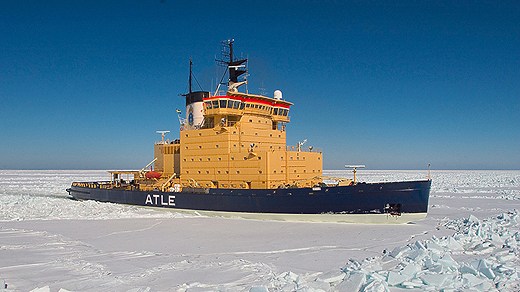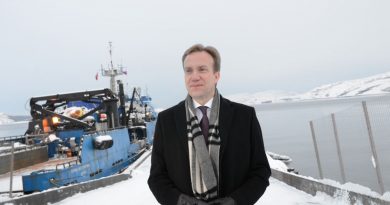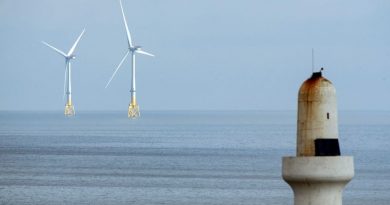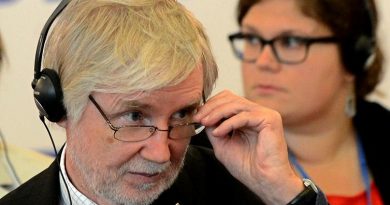What role for the Arctic Council?
 Officials from the US, Canada, Norway, Iceland, Russia, Finland and Denmark will be in Stockholm to talk about the Arctic this week.
Officials from the US, Canada, Norway, Iceland, Russia, Finland and Denmark will be in Stockholm to talk about the Arctic this week.
When Sweden took over the Arctic Council’s chairmanship a year ago, expectations were high that environmental issues would get special attention.
Partly because Sweden said they would.
And partly because the country has no major vested interests – no Arctic coastline and no claim to the region’s potentially huge oil and gas reserves.
So has the last year lived up to expectations?
Swedish flavour
When he began leading Arctic Council meetings a year ago Gustav Lind from the foreign ministry said there would be a Swedish flavor to the informal organization of Arctic states in the coming year.
Today he tells Radio Sweden there have many environmental projects and agreements on the agenda, and the group is close to an agreement on handling oil spills.
Around the corner at the Swedish parliament, Bodil Cebellos from the Green Party says that if the Arctic Council had a flavour it would be distinctly oily.
Handing the Arctic over to oil companies
“I wish Sweden would use its voice to tell the other countries not to prospect for oil in the Arctic,” she says.
The Foreign Minister, Carl Bildt, recently said Sweden would achieve nothing from lecturing Norway and other Arctic countries with major oil interests. Canada, which has more than a third of its territory in the Arctic, is pulling out of the Kyoto Protocol and continues to drill in controversial oil sands.
What impact can Sweden or even the Arctic Council have on the biggest challenge facing the Arctic – climate change? Temperatures have risen twice as fast in the Arctic than in other parts of the globe and the latest research suggests it will be ice free in summertime within 40 years.
Has increased awareness
Annika Nillson researches Arctic environmental issues at the Stockholm Resilience Centre. She says the organization has succeeded in raising awareness and tackling some significant pollution threats to the region.
However, she adds that when it comes to climate change, it has a limited impact, as the member countries have very different priorities.
To listen to audio report, click here: {play}/media/jukebox/ArcticCouncil .MP3
Write to Tom Sullivan at tom.sullivan@sr.se
For more stories from Radio Sweden, click here.



